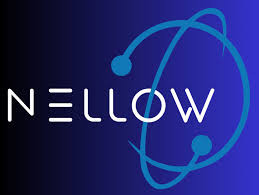Nellow wins 2.5 million euros to develop novel component
Grenoble-based Nellow, a newly-founded deep tech company, has been awarded 2.5 million by the European Innovation Council.

This funding will help it develop its innovative component, combining ferroelectricity and spintronics, which promises chips that consume 1000 times less energy. The component Nellow is developing is called Feso, and it combines ferroelectricity and spintronics - spinorbitronics, to be exact.